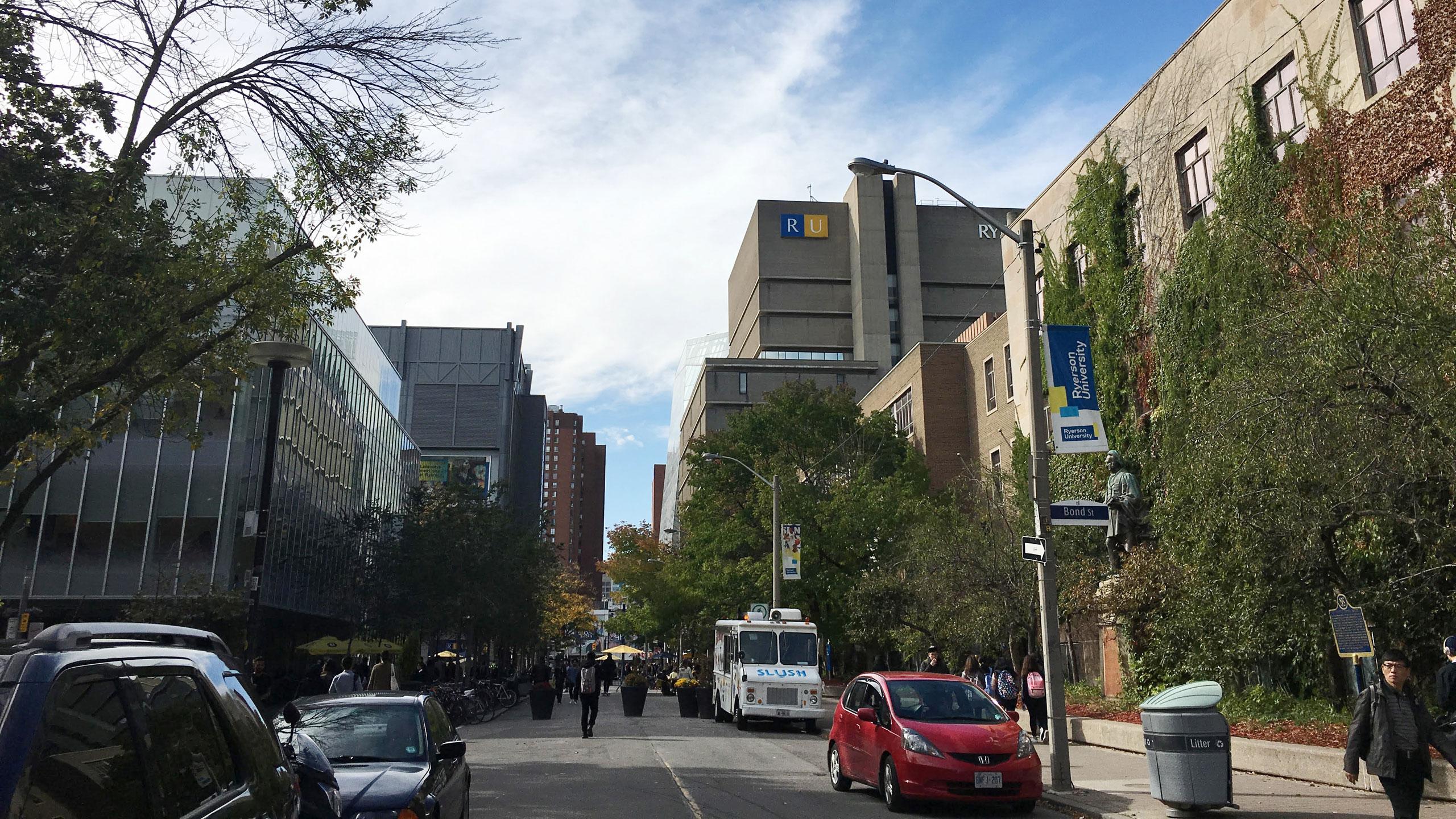By Annie Arnone and Justin Chandler
Ryerson president Mohamed Lachemi is responding to an open letter from the Black Liberation Collective (BLC), which expressed concerns surrounding the university’s recent partnership with Toronto police.
Last week, Toronto police announced they will be partnering with the school in order to educate themselves on diversity and bias avoidance in the workforce. This partnership, hosted by the G. Raymond Chang School of Continuing Education will “develop and deliver modernized police training and education” through the process of a class.
On Jan. 23, the BLC—part of a Canada-wide collective that promotes anti-racist and decolonizing education—posted an open letter to Lachemi on their Facebook page outlining their reservations with the school’s decision.
“We are gravely concerned for not only the relationship between the Black Liberation Collective-Ryerson and Ryerson administration, but also for Black students and Black Torontonians,” the statement read.
According to Lachemi, students may be misguided on what the partnership will entail. He said Ryerson received a letter from the BLC and he will respond to it.
“This program does not increase the presence of uniformed police officers on our campus,” he said. “This is a voluntary professional development program for police officers, so when they do it, they’re not in uniforms.”
But the BLC statement says racialized students on campus were never informed of this partnership, and should have been. Ryerson never formally announced the partnership—but the news was publicized in a press release.
“Black students, staff, and faculty are already over-policed and surveilled on this campus, especially because of the increased call for police presence by way of the notoriously anti-Black Office of Sexual Violence. Despite the claim that this partnership will be about addressing diversity and ‘bias avoidance,’ we do not believe this can be done on a campus that is dealing with it’s own issues of anti-Black and anti-Native racism.”
“This program does not increase the presence of uniformed police officers on our campus.”
According to Lachemi, Indigenous students were included in the discussion to involve police in this program.
“One of our core values at Ryerson is EDI, which is equity, diversity and inclusion,” he said.
“I think this [partnership] a good thing for the police because to tell you the truth, when you criticize police services you also have to find a way to help them address the issues,” he said.
“In my opinion, this is a good thing because it opens [police’s] eyes to the aspects of diversity and equity and inclusion. I know that some groups may react negatively to this but in my opinion they may not know exactly the details of this.”
“Black students, staff, and faculty are already over-policed and surveilled on this campus.”
Lachemi said Toronto police made a proposal for an academic partnership over a year ago as the result of their “Way Forward action plan.” The Chang School submitted their proposal as part of that callout.
“I think the Chang School was selected based on the core values that we have and because of the work we do in the city,” Lachemi.
Ryerson will be paid for its programming. Lachemi said he doesn’t have details on the contract.
He says he doesn’t consider Ryerson’s relationship with TPS to be any different than Ryerson’s other business partnerships.













Leave a Reply